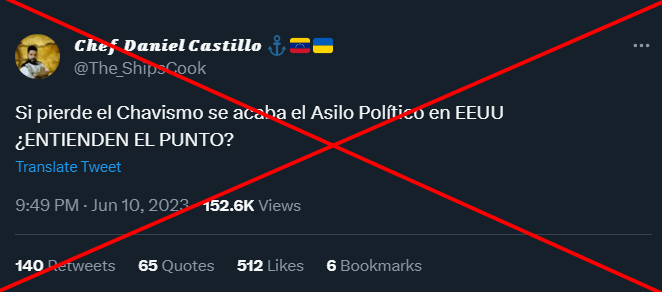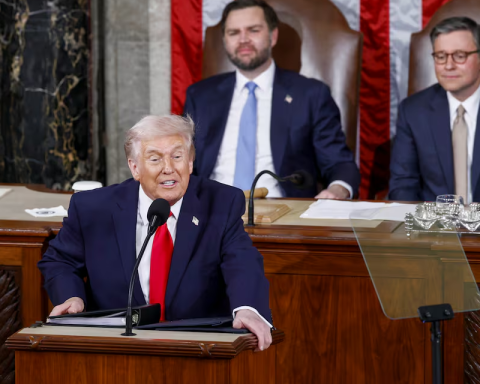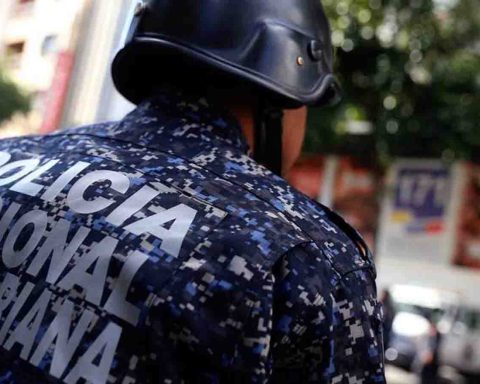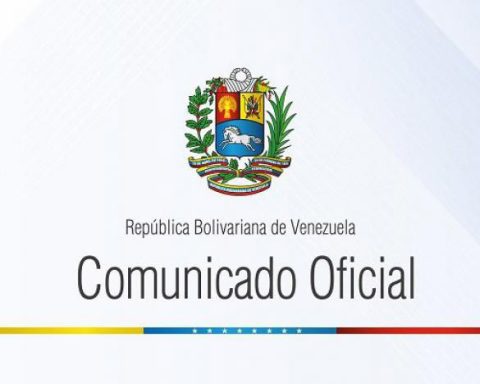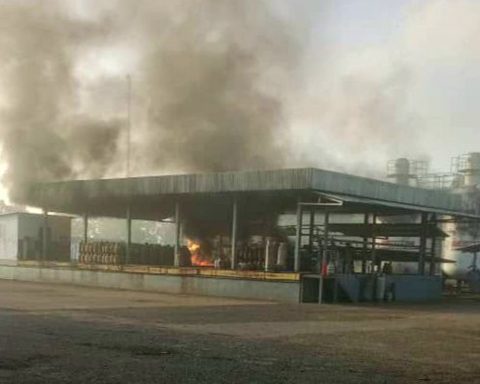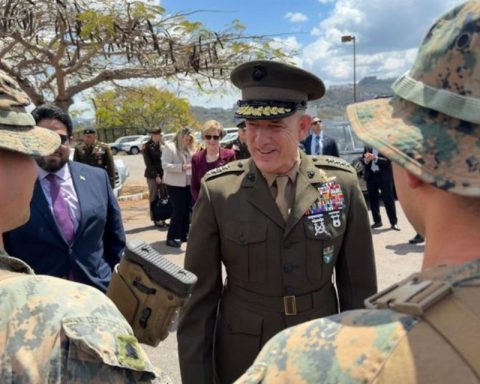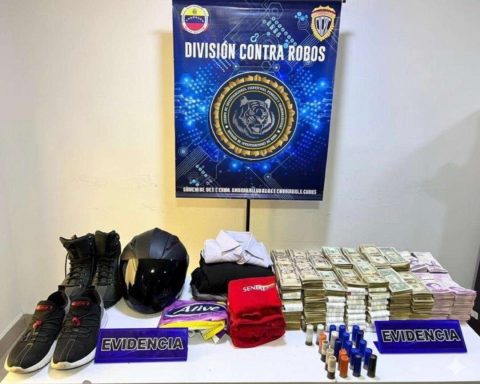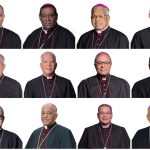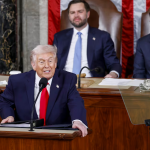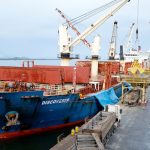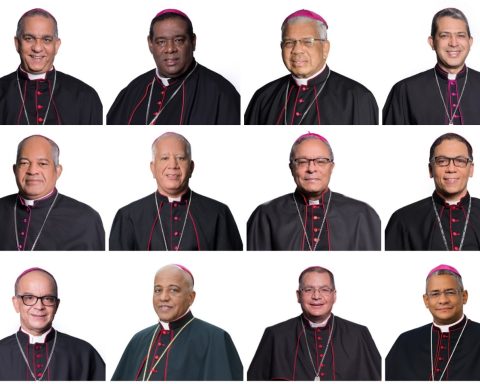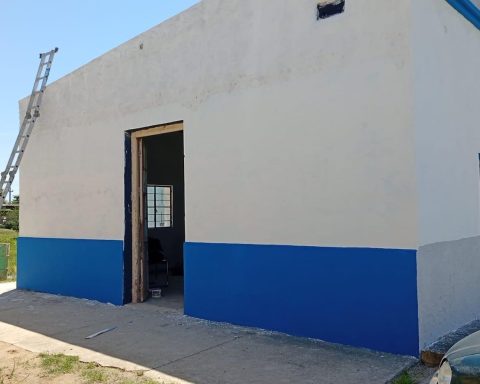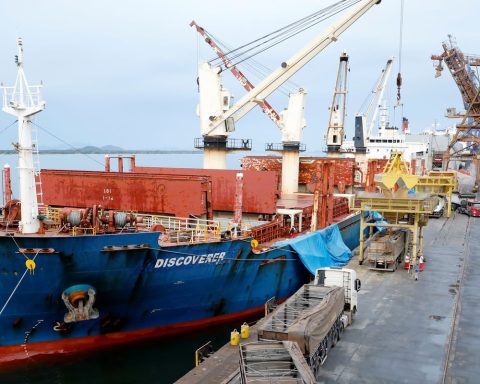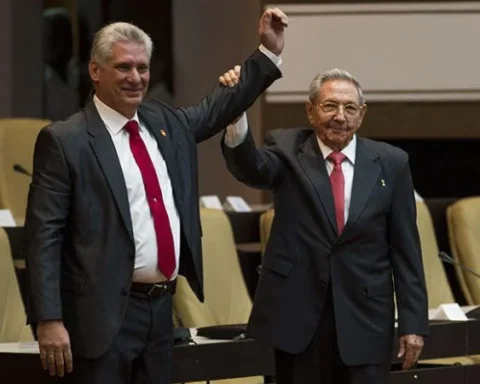Political asylum in the US does not cease because in Venezuela there is a change of government. Once the protective measure is approved, the decision cannot be changed. The beneficiary already has a legal stay and can even opt for permanent residence one year after the application has been approved.
Text: Valentina Gil
According to user Daniel Castillo (@The_ShipsCook), if Chavismo were to lose in the 2024 presidential elections and cede the government, then Venezuelans living in the US would lose their status.
According to the American Community Survey (ACS), from the United States Census Bureau, by the year 2021 there were 545,000 Venezuelan immigrants in the North American country. “The number of Venezuelan migrants has tripled since 2010, the result of a deep economic, social and political crisis that has caused a mass exodus,” says the website of the Migration Policy Institute, in Washington DC.
Asylum is a universal right, established in Article 14 of the Universal Declaration of Human Rights. Through this protective measure, an individual can remain in the US rather than be removed to a country where they have suffered or believe they may be persecuted because of their race, nationality, membership in a particular social group, or political opinion. To request it, the person must be physically present in North American territory or trying to enter through a port of entry (border or airport).
Once the application is approved, the asylees are authorized to work in the US, can apply for a social security card, permission to travel abroad and also file a petition to bring family members. After one year, the asylee can apply for legal permanent residence (green card) and, being a permanent resident, apply for citizenship after four years.
*Read also: Guaidó: “I am not requesting political asylum in the US at this time”
“Approved asylum cases do not lose status. In the US you can have different procedures open before immigration authorities. There are Venezuelans who are waiting for asylum, but who also have Temporary Protection Status (TPS) and have the possibility of requesting national interest visas or other types of visas. If you are already approved for asylum and you can opt for residence, then you can waive those other open procedures. The change of government in Venezuela would not affect it in the slightest,” José Antonio Oropeza, immigration expert and secretary of the Pan American and Caribbean Network of Human Rights Organizations (Pacuhr) explained to EsPaja.com.
The most important principle of the 1951 Convention relating to the Status of Refugees is non-refoulement, which implies that no refugee should be returned to a country where their life or liberty is in serious danger. In the hypothetical case that Chavismo gives up power in Venezuela, we do not know if the next rulers will be better, the same or worse than their predecessors.
“Political changes do not take immediate effect. So, in the case of those applications that have not yet been approved, there definitely has to be a careful study of those variables that led that person to apply for asylum. “Oropeza explained.
*Read also: UNHCR asks the US not to endorse a proposal that hinders access to asylum
The approval or rejection of an asylum application, whether in the US or in any other country in the world, depends on the applicant being able to prove a credible fear of an event that has already taken place or of a future event that could endanger his or her life. The burden of proof falls on the individual. In the event that the petition is rejected, the person does not return to Venezuela. He would have to go to another country to request protection.
Political asylum in the US does not cease because in Venezuela there is a change of government. Once the protective measure is approved, the decision cannot be changed. The beneficiary already has a legal stay and can even opt for permanent residence one year after his application has been approved.
In the case of those Venezuelans who are waiting for asylum, their stay in the country depends on the decision made by the immigration authorities after evaluating their case, if they are able to prove their credible fear, but under no circumstances should they be returned to Venezuela, in accordance with the provisions of the Convention on the Status of Refugees of 1951.
Post Views: 85
